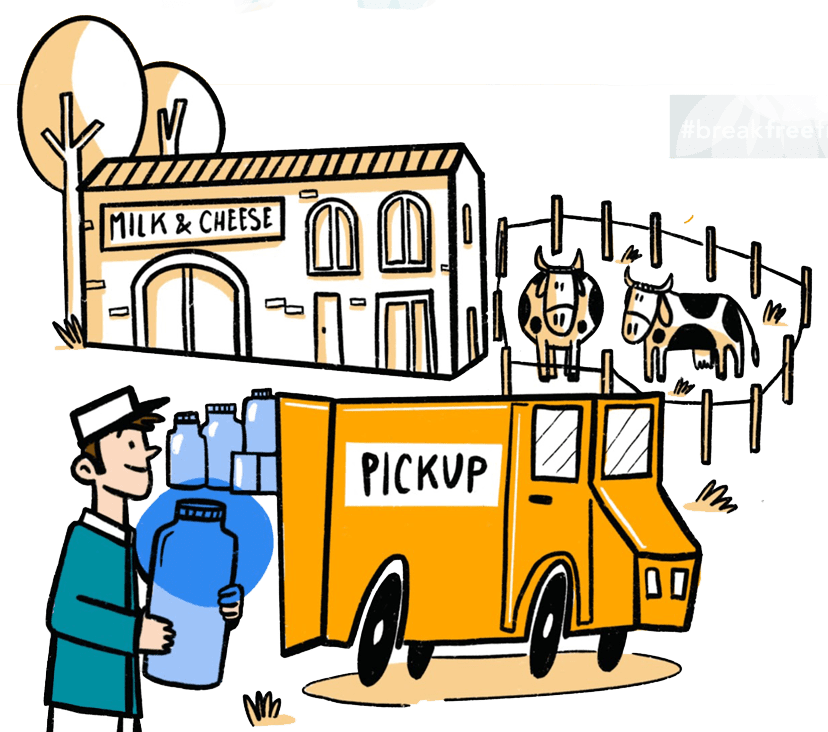To all public decision makers at the local, national, and European level,
We, the businesses who have signed this letter and represent a diverse group from across Europe, demand further action from those with the responsibility to act, to help us achieve a sustainable future.
Through our businesses, we wish to pursue a truly circular, zero waste, and non-toxic economy, by eliminating single use products and offering reuse solutions, services, and products, such as - but not limited to - refill services (e.g. for beverages, food and cleaning products), reusable cups, food containers, e-commerce and supply chain solutions, as well as reusable menstrual products, nappies, and washing services.
That is why #WeChooseReuse to be at the core of our business model, choosing and prioritising reusable over single-use products wherever possible.
Mainstreaming well-designed reuse alternatives undoubtedly constitutes a significant part of the climate change equation, not least thanks to better overall resource efficiency and reduced CO2 emissions. The economic and environmental costs of single-use products have been externalised for too long, offering them an unfair competitive advantage over reuse systems, which are the only ones that address the pollution problem at the source and foster sustainable consumption habits. Moving away from disposable and toxic products will be a blessing for our damaged ecosystems and biodiversity, with a direct positive effect on the health of citizens. It will also help businesses, organisations and cities to cut waste management related costs as well as to promote local employment.
The good news is that the systemic change we are calling for is already happening, with impactful reuse and refill business models emerging all over Europe (see Appendix I for a list of successful examples).
Yet, many of us are still struggling to scale up, develop our reuse solutions, or even survive in the current market. The main challenges that we face are:
A circular economy can only grow and thrive where incentives are in place to reward prevention, reuse, and preparation for reuse, and disincentives are established to discourage linear consumption patterns and the ongoing over-focus on recycling. We need a systematic overhaul of ‘business as usual’, and strong stimuli to empower new consumption and production business models that prevent waste at the source and favor reuse. And, although we do our very best to contribute to this transition with our businesses, we cannot do it only by ourselves.
This is why we demand from our decision makers at the local, national, and European level to play their respective role in taking ambitious measures that create enabling conditions for reuse and refill business models to thrive.
We ask you to define ambitious reuse targets and support these by the necessary measures, standards and legislation.
We ask you to encourage and support reuse business models through economic incentives, information sharing, and awareness raising.
And we ask you to lead the way in this transition, adopting public procurement policies that prioritise reuse services and products within all publicly-run and sponsored events and facilities.
In Appendix II and III, we highlight some of the key actions that public authorities can take to help society transition to a true circular economy full of successful reuse and refill business models.
We urge you to support the #WeChooseReuse campaign, and act accordingly to work with us.
In return, we will help you put reusable solutions at the heart
of Europe’s transition to a zero waste and resilient society.


